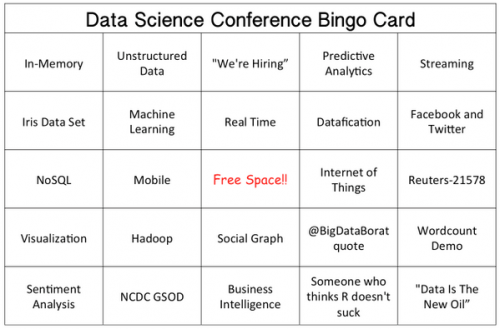Apparently, there’s a new Spider-Man movie in the works, and he’s got a fancy new costume (without nipples, I’m happy to report), and it’s got the hardcore comic fans in a lather. Well, not about the costume. It turns out that a few photos of the actor playing Mary Jane Watson were also leaked, and…she’s not sexy enough for some.
There’s actually 28 pages of people arguing whether Woodley is hot or not, seven times as many as there are talking about the new costume. (Although, like all comment threads, they go off-the-rails after a while. Flicking through, there’s an intense argument over whether the phrase "lipstick on a pig" is sexist, and a fair amount of discussion about porn.)
I hope the people making the movie aren’t as superficial as the ones who want to see it, although I fear there may be some unfortunate feedback between the two groups.


